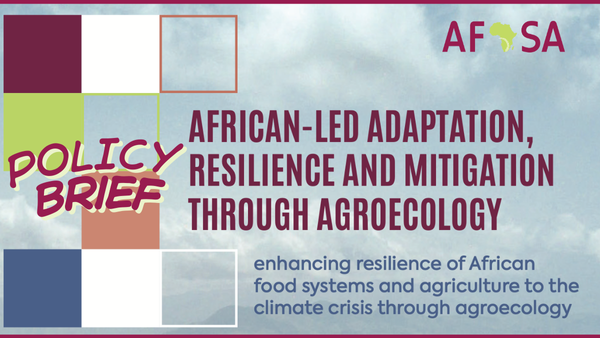Fisheries (inland and maritime) are essential for Africa’s food security and are often the source of animal protein and essential nutrients for at least 300 million people, including in extremely remote and precarious rural areas. More than 10 million people – more than half of whom are women – work in the fisheries sector, especially in small-scale inland fisheries, which are vital for the livelihoods of rural communities. Fisheries are present in almost all countries.
Freshwater fish production in Africa comes mainly from inland capture fisheries (lakes, rivers, lagoons) although aquaculture is growing strongly. Aquaculture in Africa – excluding Egypt, which is a very large producer – grew by 14.5% in 2020. These fisheries, although smaller in volume than marine fisheries, use harvesting techniques that do not require any sophisticated technology or imported energy sources, making them resilient and financially profitable.
Production trends
Inland capture fisheries remain predominant in Africa – contrary to the global trend – especially in East Africa (large lakes such as Lake Victoria) where it constitutes about 80% of the region’s total production. However, stocks are increasingly under pressure, with signs of overexploitation in many major water bodies.
Aquaculture is the sector with the greatest potential for growth to fill the gap in aquatic products due to population growth and declining catches. It is gradually expanding throughout the continent. The main aquaculture producing countries are Egypt and Nigeria, followed by countries such as Uganda which is second. Excluding Egypt, the contribution of the rest of Africa to global aquaculture production was only 6.6% in 2020.
According to the FAO, the African continent produces more than 3.3 million tonnes of wild freshwater fish per year. The added value of this production, according to the AfDB, was $6.3 billion in 2019. The production potential of aquatic environments is estimated at 5 million tonnes.
The Challenges of Freshwater Fishing
According to the AfDB, “these inland fisheries depend largely on the healthy and well-functioning of many aquatic ecosystems, the diversity and extent of which constitute an essential part of Africa’s natural capital. However, the realization of the potential of inland fisheries is limited by the degradation of ecosystems and other water uses, as well as by inappropriate management policies. “. The sector faces threats that jeopardize its sustainability.
- Overexploitation of stocks: population pressure and increased catches lead to overexploitation of stocks.
- Illegal and unregulated fishing: Lack of effective governance and control increases the risks of overexploitation.
- Environmental impacts: pollution of water bodies (industrial and agricultural); climate change and water level fluctuations (especially in drylands); construction of dams that disrupt ecosystems and fish migrations.
- Lack of infrastructure: production sites are often far from places of consumption and the lack of adequate cold infrastructure limits conservation; Drying and smoking methods are still widespread.
- Governance: There is a need to strengthen policies and management to ensure the sustainable use of resources.
Potential and prospects
The AfDB recommends “investing in the conservation and restoration of aquatic habitats, the integration of fisheries into the management of water resources at the river basin level, the development of basic infrastructure and services in production areas and the improvement of the knowledge and capacities of stakeholders.”
Africa has considerable untapped potential for aquaculture, especially in the resilient and fast-growing African tilapia and catfish farming systems.
Many countries are seeking to integrate fisheries and aquaculture into a broader Blue Economy strategy for the sustainable use of their aquatic resources.



